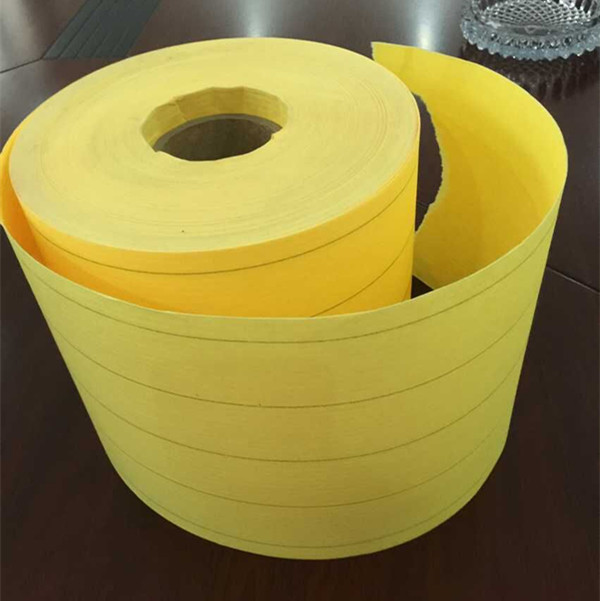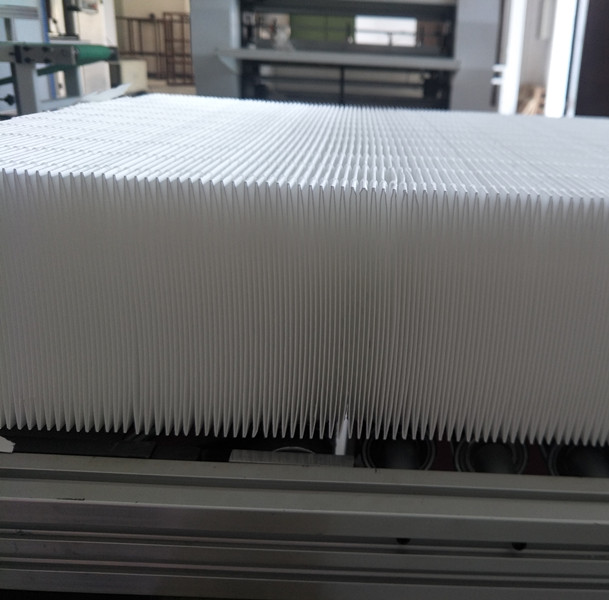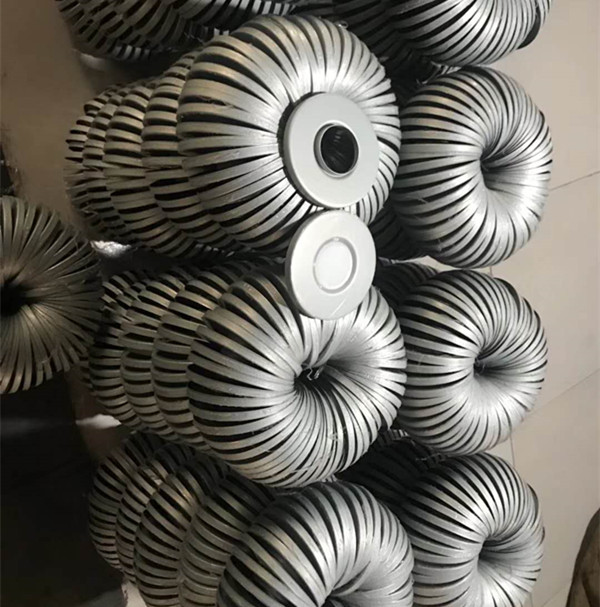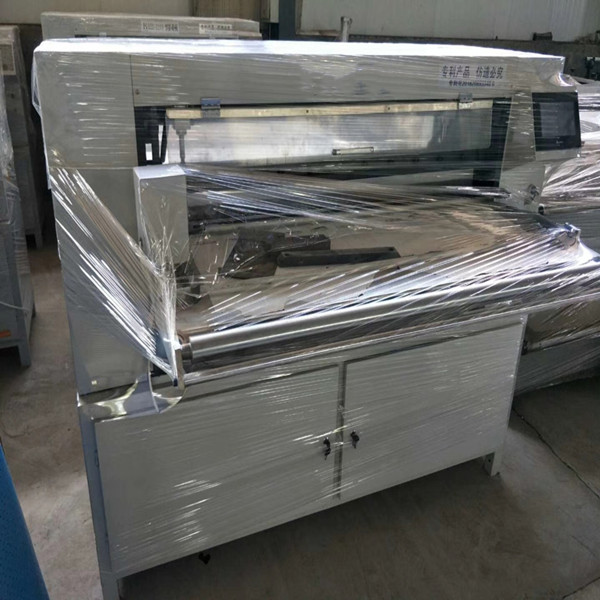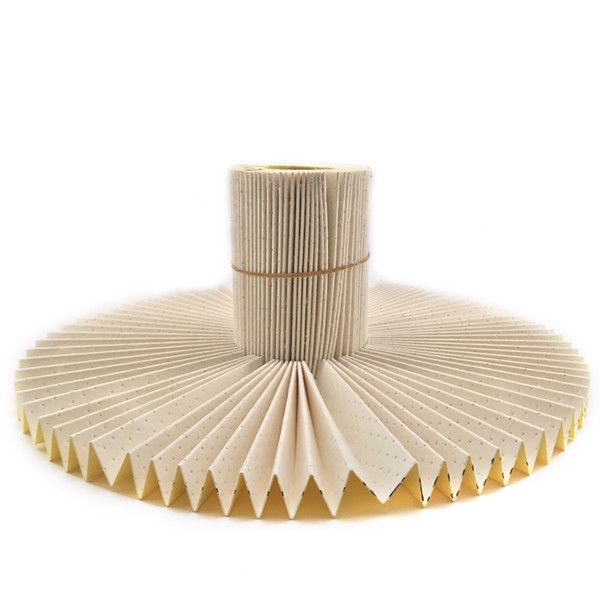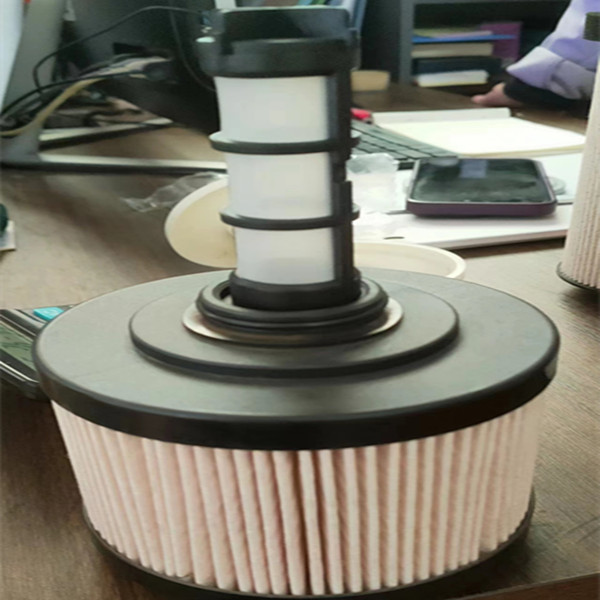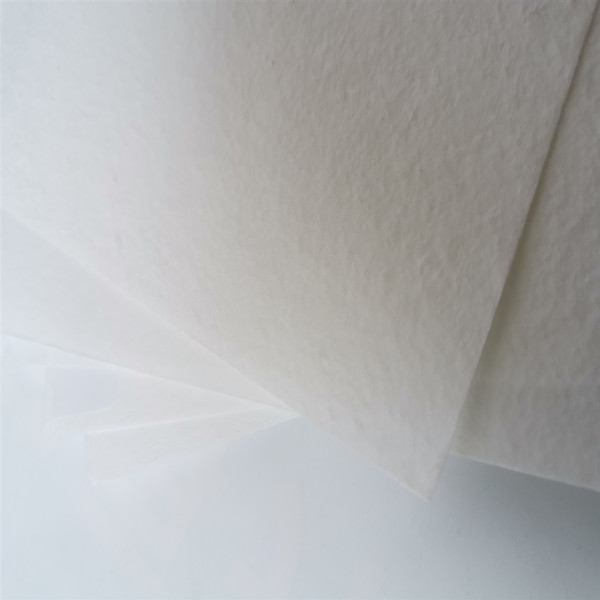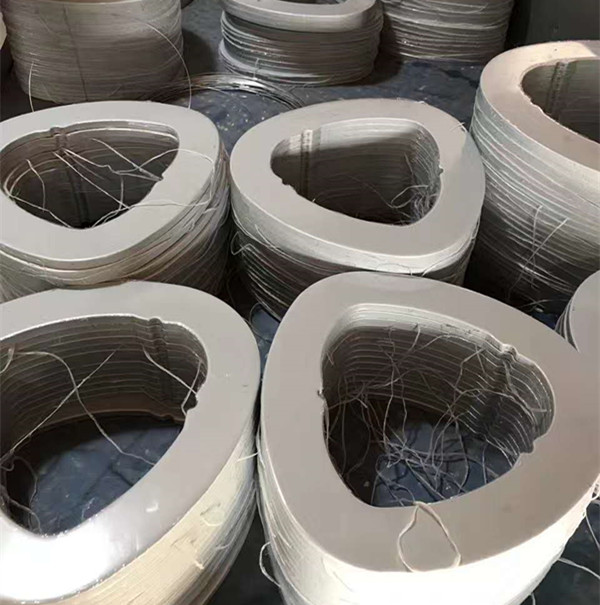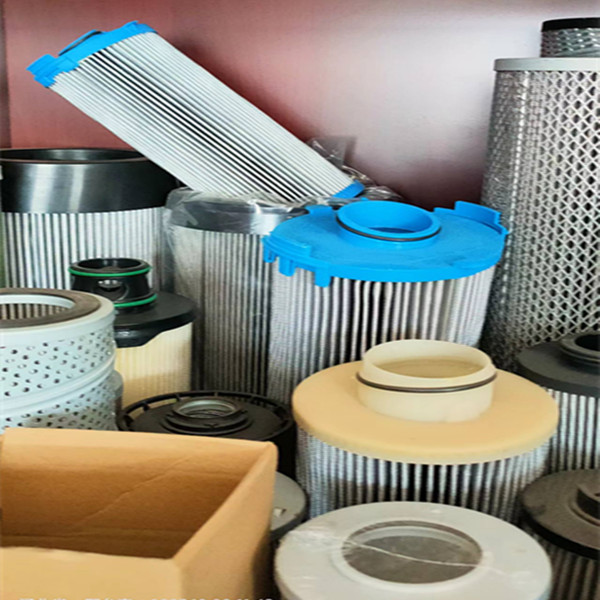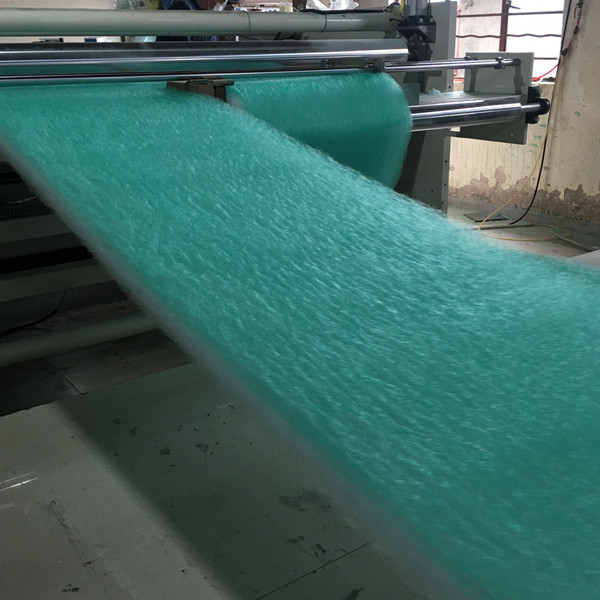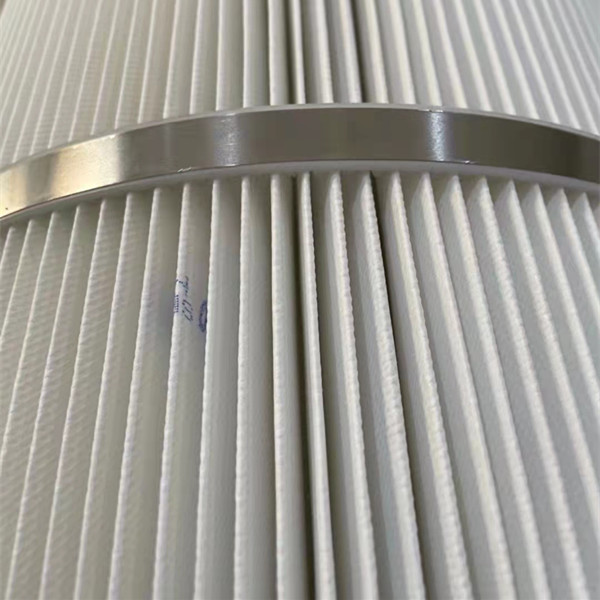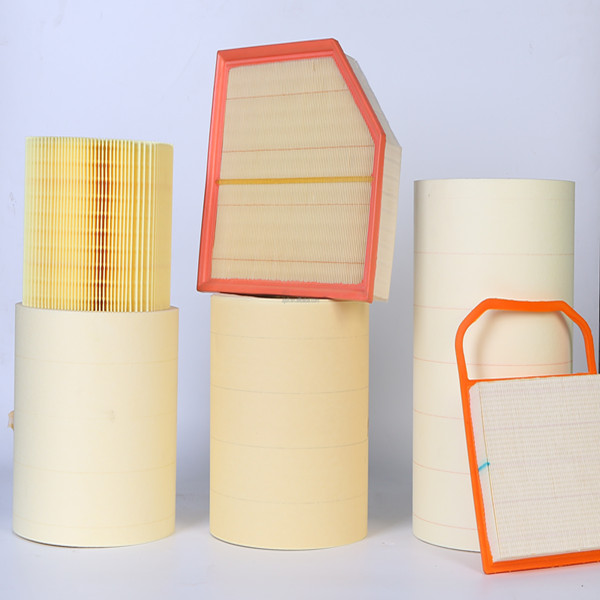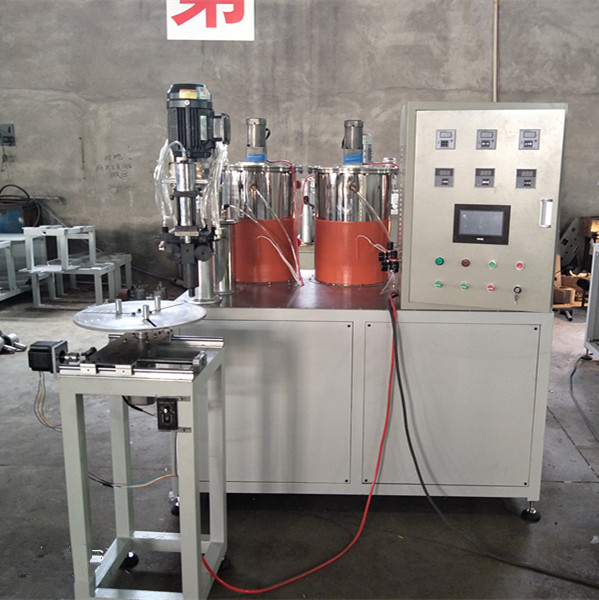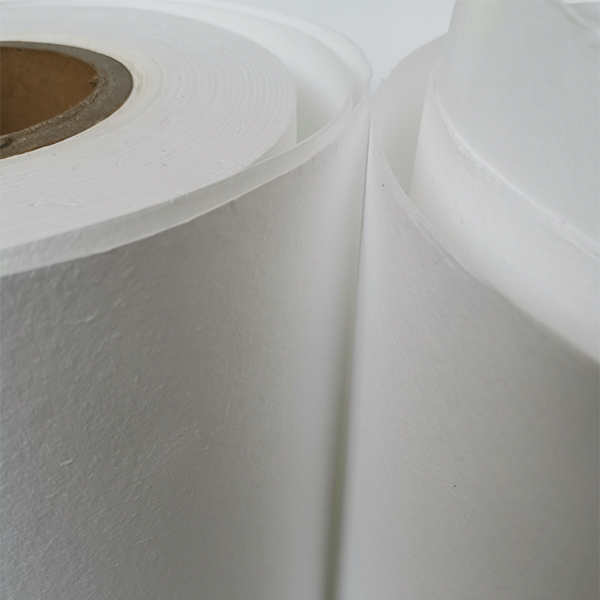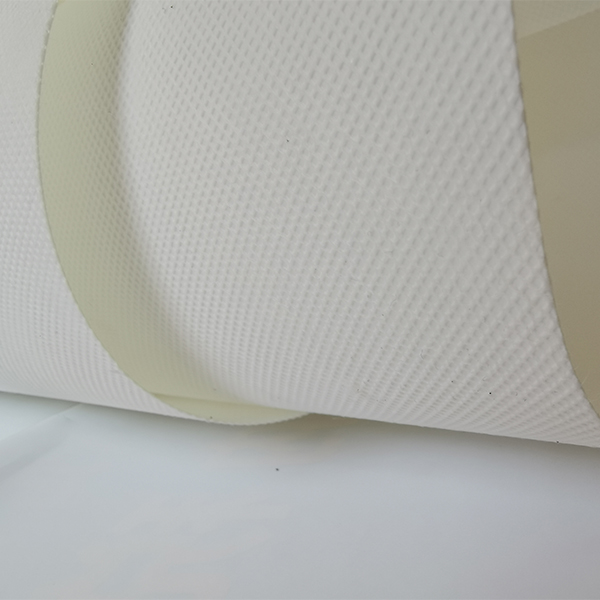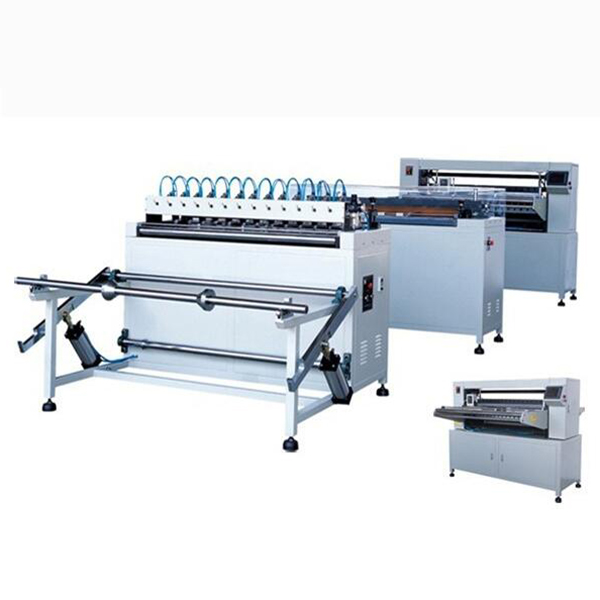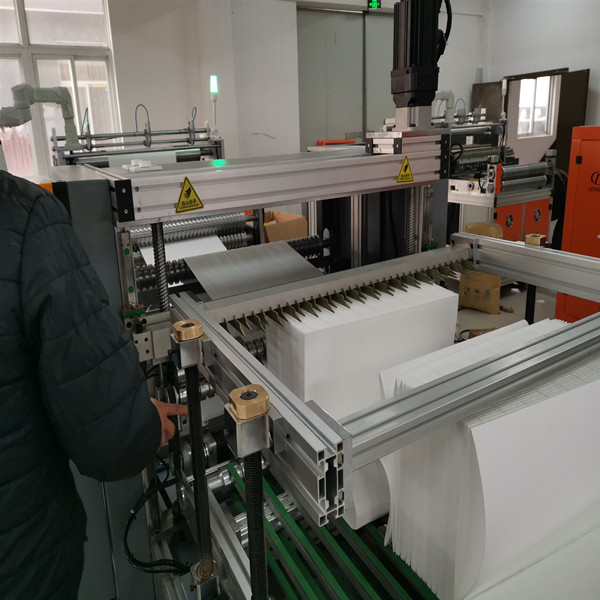Understanding Custom Metal Mesh Filters: Why They Matter Now More Than Ever
Custom metal mesh filters — they’re not the most glamorous topic at first glance, but their importance in modern industry and global sustainability efforts is pretty profound. Essentially, these are precision-engineered filter solutions tailored to exact specifications, capable of sorting, straining, and purifying in ways that generic filters just can’t. In a world facing increasing environmental challenges, resource scarcity, and rising standards for industrial safety, understanding the benefits and capabilities of custom metal mesh filters can unlock huge opportunities for efficiency, resiliency, and innovation.
From the oil fields of the Middle East to water treatment plants in Southeast Asia, these filters help protect vital machinery, keep ecosystems clean, and even enable cutting-edge research. You might think, “Isn’t any filter enough?” but the difference custom makes filters that feel like they were made just for the job ... well, that difference saves money, time, and sometimes even lives.
Why Custom Metal Mesh Filters Shape Global Industry
Worldwide industrial filtration needs are projected to grow significantly, thanks to regulations from bodies like the ISO and environmental commitments encouraged by the UN Sustainable Development Goals. According to a recent ISO report, industrial filtration efficiency improvements could reduce emissions by up to 30% in key manufacturing sectors. That’s huge.
Custom metal mesh filters address challenges such as extreme heat, corrosive substances, and fine particulate capture — things off-the-shelf products can’t handle well. You see these specialized filters anywhere granular precision is critical: aerospace engines, chemical plants, food processing, or disaster relief clean water systems.
In real terms, this means safer products, cleaner communities, and systems that last longer without breaking down. Given the rising global demand for clean energy and sustainable manufacturing, this technology isn’t just relevant; it’s urgent.
What Are Custom Metal Mesh Filters, Really?
At its core, a custom metal mesh filter is a sieve-like component crafted from woven or perforated metal sheets. Unlike standard filters, these can be tailored in terms of mesh size, wire diameter, material grade, and filter shape — all to precisely suit the operational environment and performance needs.
Think of it this way: if you were trying to catch grains of sand out of flowing water, you’d need something much finer than a kitchen sieve. But if you’re separating large debris from engine oil, a sturdier, coarser mesh may be just right. Customization allows engineers to hit that ‘sweet spot’ for efficiency and longevity.
Mini Takeaway:
- Custom metal mesh filters combine versatility and precision, enabling industries to optimize filtration without compromises.
- This customization directly translates into better performance and durability in harsh environments.
Key Aspects That Shape Their Performance and Relevance
Durability
Metal meshes are prized for their resistance to wear and corrosion compared to plastic alternatives. Materials like stainless steel or Inconel allow filters to withstand acids, solvents, and high temperatures without degradation, which is crucial in petrochemical or aerospace applications.
Precision & Scalability
The mesh’s weave density controls what particles are filtered out — from microns to millimeters. Plus, manufacturing can easily scale to create filters for tiny scientific instruments or massive industrial machines.
Cost Efficiency
While custom metal mesh filters might seem pricier upfront, their longer lifespan and lower maintenance needs often result in better total cost of ownership. It’s a classic case of paying more now to avoid headaches later.
Environmental Impact
Many companies now prioritize sustainability; metal meshes can be recycled, and their durability means fewer replacements and less waste. It's a subtle but powerful win.
Material Compatibility
Choosing the right metal alloy ensures chemical compatibility and mechanical resilience, especially for liquids or gases that might corrode lesser materials.
Easy Integration
Custom sizing and shapes allow seamless incorporation into existing systems, meaning less downtime during upgrades or repairs.
Mini Takeaway:
- Durability, precision, and adaptability come together to make these filters invaluable in tough environments.
- Environmental considerations are becoming core, not optional, for modern filters.
Real-World Uses: Global Applications of Custom Metal Mesh Filters
It might surprise some, but these filters literally touch many parts of our daily lives — even if we don’t see them. Here’s a quick run-through:
- Water Treatment Plants: In Southeast Asia and parts of Africa, custom filters help NGOs provide safe drinking water post-natural disasters, removing dangerous bacteria and sediments efficiently.
- Oil & Gas Industry: Middle Eastern refineries rely on tailored high-temp resistant filters to avoid costly downtime caused by equipment fouling.
- Food & Beverage Manufacturing: Europe’s strict safety standards require dedicated filters to ensure impurities and contaminants don’t reach the end consumer.
- Aerospace & Automotive: Fine metal meshes are used in fuel and hydraulic systems, handling extreme pressures and temperatures with finesse.
- Pharmaceuticals & Biotech: Precision mesh sizes help maintain sterile environments and ultra-pure liquids, critical for drug safety.
It’s worth noting that regions with high industrial growth, like India and South America, increasingly turn to these filters to bolster infrastructure quality and environmental compliance.
Mini Takeaway:
Custom metal mesh filters power an astonishing variety of industries across continents. Their adaptability makes them go-to solutions even in the most demanding contexts.
Advantages & Long-Term Value of Choosing Custom Metal Mesh Filters
Tangibly, investing in custom mesh filters means fewer replacements, reduced machine failures, and enhanced product quality. Intangibly, it means supporting environmental goals, enhancing worker safety, and boosting customer confidence.
- Reliability: Engineered for specific tasks, they minimize unexpected breakdowns.
- Sustainability: Longer life and recyclability contribute to a smaller environmental footprint.
- Cost Savings: Decreased downtime and maintenance help bottom lines.
- Trust & Innovation: Using cutting-edge filter tech sends a strong message to stakeholders about commitment to quality.
Product Specification Table
| Specification | Typical Range | Material Options |
|---|---|---|
| Mesh Size (microns) | 1 to 2000 | Stainless Steel, Inconel, Titanium |
| Wire Diameter (mm) | 0.02 to 2.0 | |
| Operating Temperature | -200°C to 1100°C | Depends on Alloy |
| Shape Options | Sheets, Cylinders, Cones, Custom Layers | |
| Typical Applications | Fluid filtration, air filtration, separation, demisting | |
Comparing Top Vendors of Custom Metal Mesh Filters
| Vendor | Customization Level | Lead Time | Industries Served | Sustainability Initiatives |
|---|---|---|---|---|
| MeshTech Solutions | High (custom weaves & alloys) | 4-6 weeks | Oil & Gas, Aerospace, Pharma | 100% recyclable mesh scrap |
| PureFilter Inc. | Mid (standard sizes + some custom) | 2-3 weeks | Water Treatment, Food Processing | Energy-efficient production |
| FilterForge | Low (mostly standard items) | 1-2 weeks | Industrial General Use | Limited recycling |
Looking Ahead: Innovations & Emerging Trends in Custom Metal Mesh Filters
Technological progress doesn’t stand still: additive manufacturing, aka 3D metal printing, now allows creating complex mesh architectures previously impossible with weaving or stamping. That means filters can be optimized for airflow, pressure drop, or even self-cleaning capabilities.
Plus, the push for greener manufacturing is driving companies toward alloys with lower environmental footprints and production methods that recycle scrap metal on-site. Digital integration is also on the rise — sensors embedded within filter housings can monitor clogging or damage in real-time, so maintenance becomes predictive rather than reactive.
Oddly enough, it feels like filters, even if small and simple, are at the heart of big shifts toward smart industry and sustainability.
Challenges and How Industry Leaders Are Tackling Them
Nothing worthwhile comes without its hurdles. In filtration, challenges include balancing filtration efficiency with pressure drop — a finer mesh can clog easily, an open mesh lets particles through — as well as managing costs in mass customization.
Some innovative solutions involve layered mesh structures, combining coarse and fine meshes for staged filtration. Others use advanced surface coatings to repel fouling materials and extend lifespan. Collaboration between metallurgists, engineers, and IoT experts is helping bridge these challenges.
Quick FAQ: What You’re Curious About Custom Metal Mesh Filters
- How do custom metal mesh filters improve filtration compared to standard filters?
- Because they’re designed to match exact particle sizes and operating conditions, custom filters maximize filtration efficiency and reduce clogging — leading to longer service life and better system performance.
- What industries benefit the most from metal mesh customization?
- Oil & gas, aerospace, pharmaceuticals, water treatment, and food processing are among the top sectors relying on tailored metal meshes due to their demanding filtration standards.
- Are custom metal mesh filters reusable or recyclable?
- Yes, many metal mesh filters are reusable after cleaning. Also, the metal materials, like stainless steel, are typically recyclable, which aligns well with environmental sustainability goals.
- How soon can I expect delivery after placing a custom filter order?
- Depending on complexity, lead times range from 2 to 6 weeks. Vendors with additive manufacturing capabilities might offer faster turnarounds for certain designs.
- Can I integrate sensors to monitor filter health?
- Absolutely, integrating sensors for real-time monitoring is becoming more common, allowing for predictive maintenance and avoiding downtime.
A Thoughtful Wrap-Up & Next Steps
So, why consider custom metal mesh filters? Because they embody a highly flexible, durable, and sustainable approach to filtration that adapts to a wide spectrum of industrial challenges. Their ability to combine precision and resilience makes them a wise long-term investment — often quietly underpinning major leaps in innovation and safety.
Curious to explore what a tailored filtration solution could do for your operations? Visit custom metal mesh filters for detailed specs, expert guidance, and more. Sometimes the solution is woven thinner than you might expect, yet stronger than you imagine.
References:
Post time: Nov-20-2025

